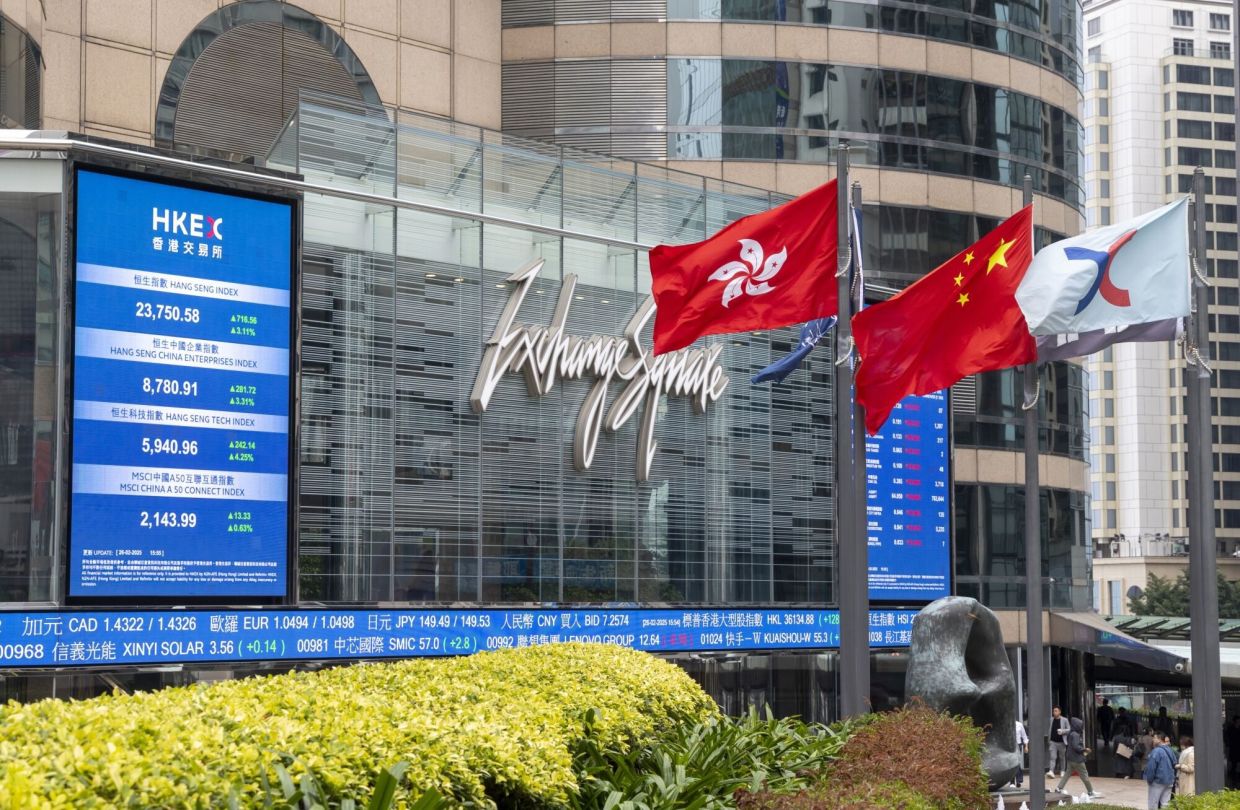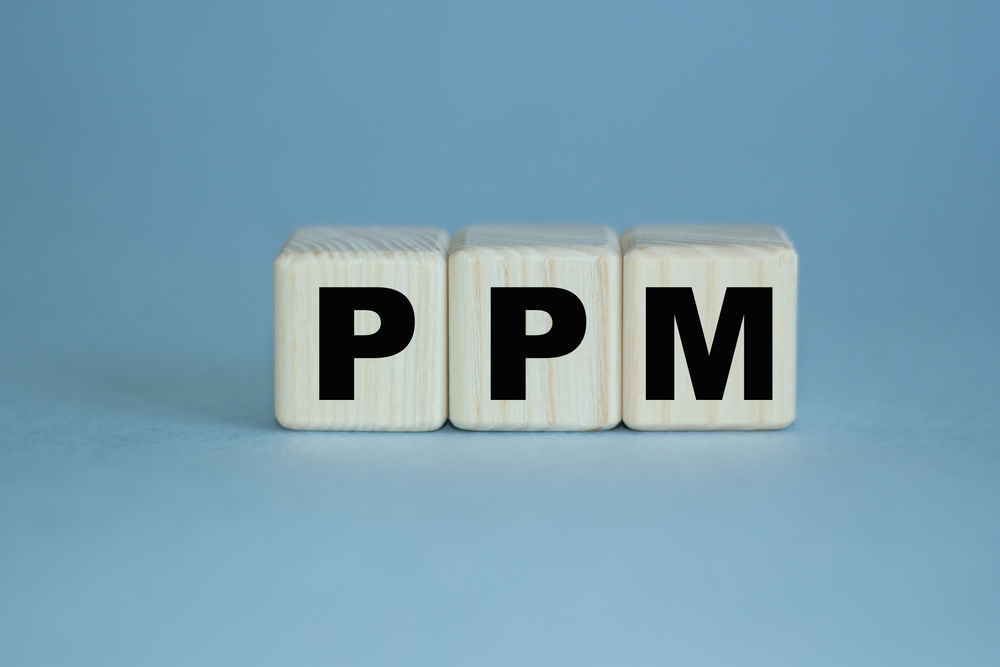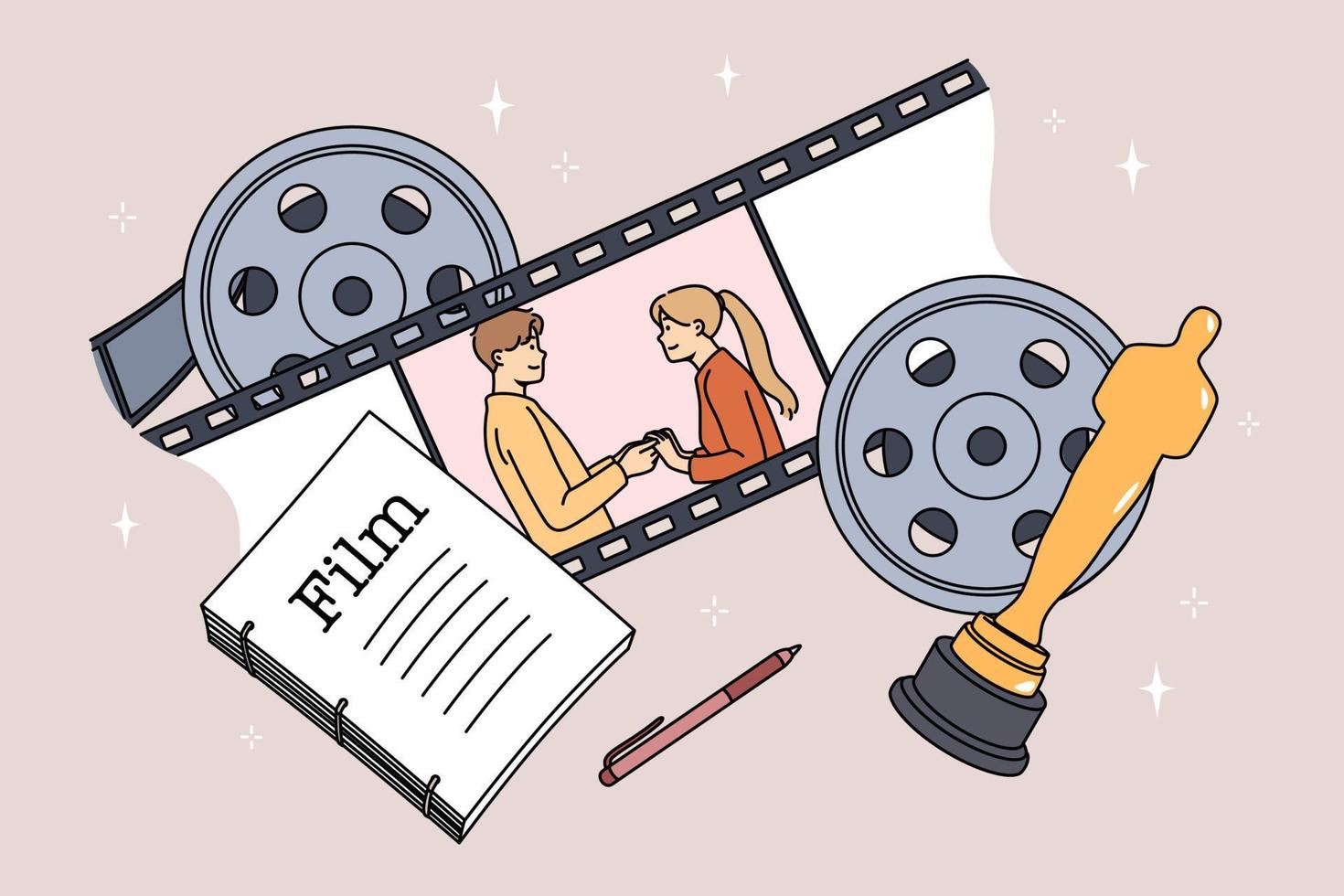Audiobook creators and publishers routinely face a tough balancing act: crafting immersive, top-notch audio that draws in listeners, all while sticking to aggressive deadlines and limited budgets. This boils down to the infamous "impossible triangle" – quality, speed, and cost – where the ideal of nailing all three feels out of reach, typically leaving teams to pick just two. With the global audiobook market on a steep upward trajectory, estimated at USD 8.70 billion in 2024 and set to climb to USD 35.47 billion by 2030 with a CAGR of 26.2%, these pressures are mounting fast. Rising demand calls for smarter, faster output, but sacrificing any element risks turning out lackluster work that gets lost in a sea of options for discerning audiences.
Unpacking the Root Causes of Production Pitfalls
Digging deeper, the reasons behind skyrocketing costs and dragged-out timelines in audiobook production aren't mysterious – they're systemic. One major culprit is amateurish translation work, especially for multilingual projects. When scripts aren't optimized for spoken delivery from the start, voice actors stumble over awkward phrasing, leading to endless retakes. Industry insights reveal that rework in audio production can inflate costs by up to 30-50%, as sessions that should wrap in days stretch into weeks due to these foundational flaws.
Then there's the fragmentation of suppliers. Juggling separate teams for translation, narration, and post-production creates communication silos. A minor script tweak from the translator might not reach the narrator in time, or a sound engineer's fixes could clash with the director's vision. This disjointed approach not only delays launches but racks up hidden expenses – think coordination meetings, file transfers, and inevitable disputes. Add in low-quality initial recordings, often done with inadequate equipment or inexperienced talent, and you're looking at expensive post-production rescues. Noise reduction, pitch corrections, and re-dubs can easily double the budget, turning what seemed like a cost-saving choice into a financial black hole. With audiobook sales in the U.S. alone reaching $2.2 billion in 2024, publishers can't afford these inefficiencies as listeners expect polished, immersive experiences across genres and languages.
Introducing a Smarter Path: The Professional Integrated Workflow
What if there was a way to sidestep these traps altogether? Enter the professional integrated workflow – a streamlined, end-to-end process where expertise flows seamlessly from script preparation to final mastering. At its core, this approach relies on seasoned professionals who embed themselves early in the project, ensuring every step builds on the last without friction.
Take Artlangs Translation as a prime example. With mastery over 230+ languages and years of focus on translation services, video localization, short drama subtitle localization, game localization, and audiobook dubbing, they've honed this model through countless successful cases. Their rich localization experience means they don't just translate words; they craft narratives that sound natural when spoken, drawing on a deep bench of global talent to handle everything under one roof. This isn't about cutting corners – it's about investing upfront in pros who anticipate issues, much like how top studios in Hollywood integrate pre-production with filming to avoid costly reshoots.
The Real-World Advantages of Going Integrated
The beauty of this workflow lies in its tangible payoffs, flipping the impossible triangle into a achievable triad.
First, consider the "frontend as backend" principle: translations tuned for "listenability" right from the outset. Instead of generic text conversions, experts refine scripts for rhythm, cultural nuance, and vocal flow, slashing barriers for narrators. The result? Fewer takes, smoother sessions, and a drop in rework time by as much as 40%, according to production efficiency studies in multimedia content creation. For audiobook producers eyeing global markets, this means faster turnaround without sacrificing that authentic, engaging delivery listeners crave.
Next, seamless integration shines in bundled services like translation plus dubbing. By avoiding the back-and-forth with multiple vendors, clients cut communication overheads dramatically – no more endless email chains or mismatched expectations. Artlangs, for instance, leverages their extensive portfolio of localization wins to offer these packages, reducing project timelines by weeks and trimming coordination costs that often eat 20% of budgets in fragmented setups. It's a game-changer for indie authors or mid-sized publishers who need to scale without bloating expenses.
Finally, the "get it right the first time" ethos ensures quality without the aftershocks. Professional-grade recording gear and veteran narrators catch problems in real-time, dodging the pricey do-overs that plague rushed productions. Data from audio industry reports underscores this: integrated teams can boost overall efficiency by 25-30%, freeing up resources for creative enhancements rather than fixes. In a market where 51% of Americans aged 18 and older have listened to an audiobook, delivering pristine audio on schedule isn't optional – it's essential for standing out.
Why Upfront Expertise is the Ultimate Balancer
In the end, chasing the impossible triangle in audiobook production doesn't have to end in compromise. By committing to a professional integrated workflow early on, you're not just spending – you're strategizing to avert larger headaches down the line. As the industry hurtles toward a $39.1 billion valuation by 2032 at a 25.7% CAGR, those who prioritize seasoned partners like Artlangs will find themselves ahead, blending top-tier quality, swift delivery, and controlled costs into a winning formula. It's a reminder that in audio, the smartest investment is in the voices and processes that bring stories to life without the drama.











